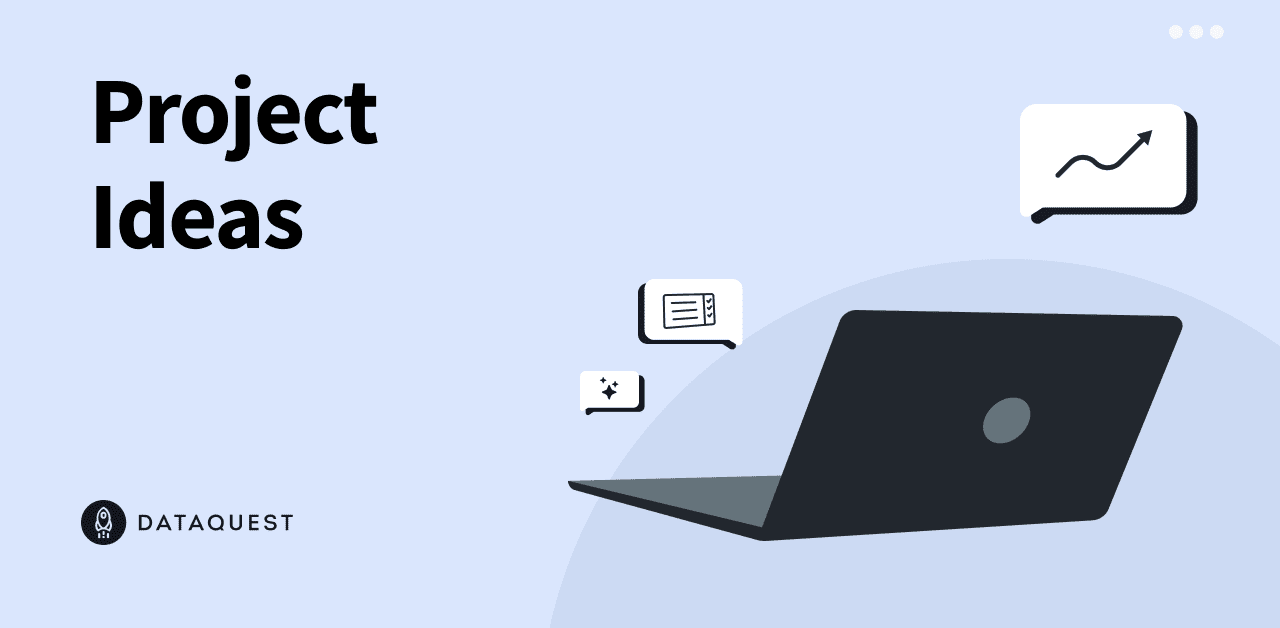Elon Musk recently filed a lawsuit against OpenAI, claiming that the company has become too closed. In response, Musk announced that he will release his “truth-seeking” answer to ChatGPT, a chatbot named Grok, for free download and use by anyone.
On his social media platform X, Musk stated, “This week, @xAI will open source Grok.” This indicates that his AI company, xAI, will make the complete code of Grok available for public use and modification. In contrast, OpenAI offers a version of ChatGPT for free but keeps its code private.
Previously, Grok was only accessible to Premium subscribers of X, and Musk had not disclosed the business model for Grok or xAI. By open sourcing Grok, Musk may be trying to demonstrate his dedication to the vision of making artificial intelligence accessible to all, especially after accusing his OpenAI cofounders of going back on their promise to share the company’s AI technology.
In response to Musk’s lawsuit, OpenAI released email exchanges in which Musk seemed to support the idea of keeping the company’s technology more closed as it became more powerful. Musk had invested over $40 million in OpenAI before leaving the project in 2018.
When Grok was first announced, Musk claimed it would be less politically biased compared to other AI models. Tests showed that while Grok can adopt a provocative style, it is not heavily biased in any particular direction, highlighting the challenge of aligning AI models with a specific viewpoint.
By open sourcing Grok, Musk aims to generate interest in xAI’s AI technology. Releasing Grok to the public can attract developers to use and enhance the model, potentially expanding its user base. This move could also provide valuable data for xAI to improve its technology.
Musk’s decision to release Grok aligns with Meta’s approach to generative AI. Meta’s open source models, like Llama 2, have gained popularity among developers for their customization capabilities. However, this strategy may involve Musk in the ongoing debate on the advantages and risks of providing unrestricted access to powerful AI models.
Many AI experts believe that open sourcing AI models offers advantages such as increased transparency and accessibility. Emad Mostaque, founder of Stability AI, praises the move, stating that “Open models are safer and more robust, and it’s great to see more options from leading companies in the space.”




















